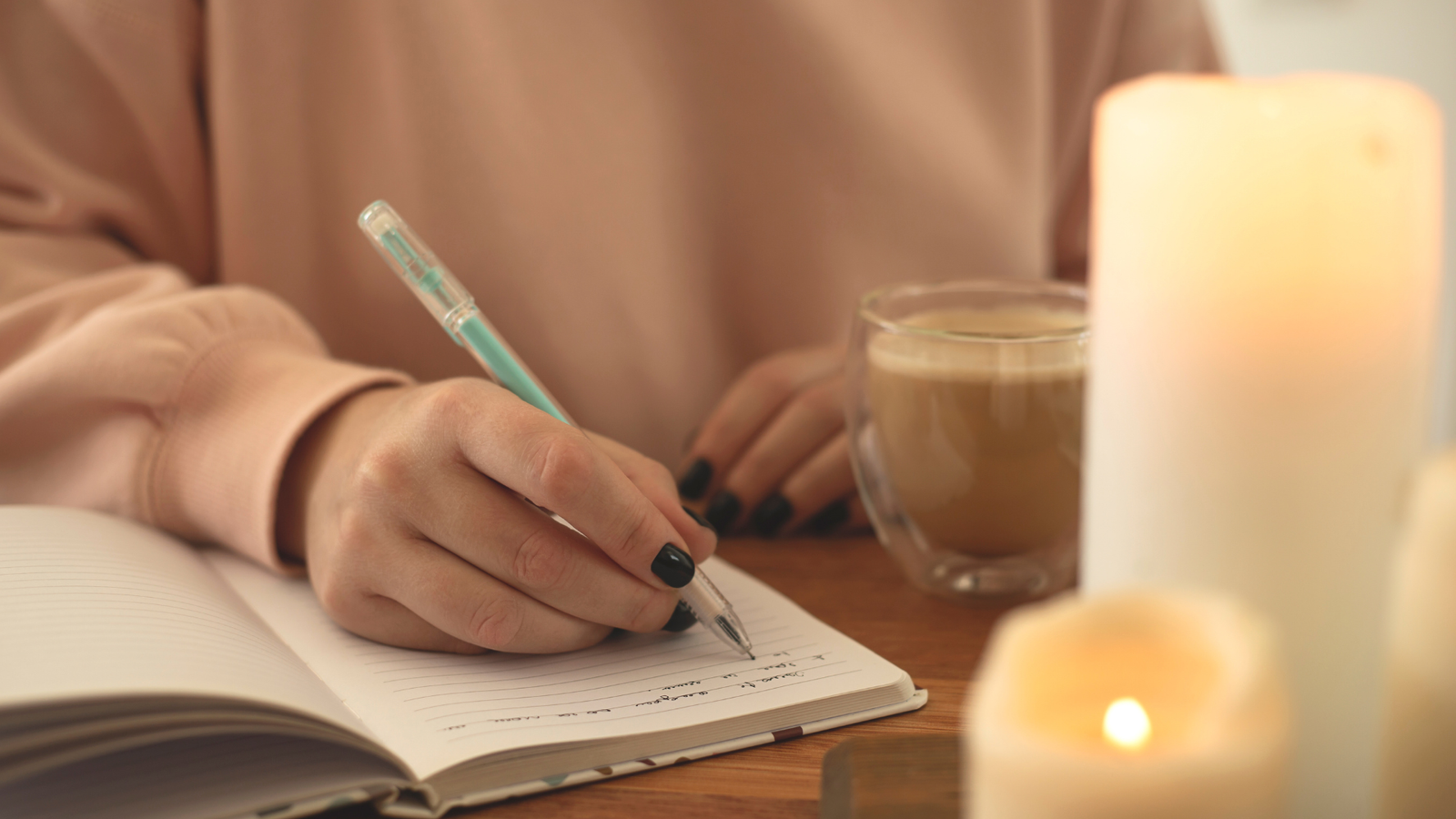5 powerful ways journaling helps calm your anxious mind


In a world that rarely stops, anxiety has become an almost constant companion for many. Deadlines, endless notifications, personal expectations, and life’s unpredictable challenges can leave our minds swirling with thoughts, worries, and “what-ifs.” Over time, this mental clutter can feel overwhelming, leaving us exhausted, stressed, and disconnected from ourselves.
Amid this chaos, journaling emerges as a deceptively simple yet profoundly transformative tool. It is not just about writing your thoughts on paper; it is a structured way of externalising your mind, processing emotions, and gaining clarity. For centuries, thinkers, writers, and leaders have turned to journaling—not merely as a record of events but as a sanctuary for their mental well-being.
What makes journaling so effective in reducing anxiety is its ability to slow down the racing mind. When thoughts are swirling internally, they can feel chaotic and unmanageable. Writing them down allows you to observe, organise, and release them. It’s like opening a window in a stuffy room—suddenly, space appears, and you can breathe again.
Moreover, journaling is flexible. You don’t need a large block of time, expensive tools, or perfect writing skills. Even ten minutes a day can create a measurable impact on your mental state. By putting pen to paper—or typing on a digital journal, you are practising mindfulness, self-reflection, and emotional processing all at once.
5 powerful ways journaling can help reduce anxiety
1. Externalise your thoughts
Anxiety often grows in the shadows of unspoken thoughts. When worries remain internalised, they multiply and intensify. Journaling allows you to transfer these thoughts from your mind onto paper, giving you a clearer perspective.
How to practice: Write down every thought that’s troubling you—without judgment, censorship, or editing. Seeing your thoughts in black and white helps you recognise patterns, prioritise concerns, and reduce the mental burden of keeping them all in your head.
2. Identify triggers and patterns
One of the most powerful aspects of journaling is the ability to track recurring themes and triggers in your anxiety. Over time, this helps you become more aware of what situations, thoughts, or habits increase your stress levels.
How to practice: Keep a daily log of anxious moments. Note the time, place, situation, and your emotional reaction. Over weeks, you’ll notice patterns, which will empower you to address or avoid triggers proactively.
3. Practice gratitude to shift perspective
Anxiety often magnifies negative thoughts while minimising positive experiences. Journaling provides a structured way to practice gratitude, helping your mind focus on what is going right rather than what could go wrong.
How to practice: Dedicate a section of your journal to listing three things you are grateful for each day. They can be as simple as a warm cup of tea, a smile from a friend, or finishing a task. Gratitude journaling rewires your brain to notice positivity, reducing anxiety over time.
4. Release emotions safely
Many people carry unexpressed emotions—anger, sadness, frustration—which feed anxiety. Journaling acts as a safe emotional outlet, allowing you to process feelings without judgment or consequence.
How to practice: Use your journal to write letters you don’t send, express frustrations, or reflect on difficult emotions. This act of release provides relief, clarity, and emotional balance, helping anxiety lose its grip.
5. Set intentions and problem-solve
Anxiety thrives on uncertainty and lack of control. Journaling gives you the space to set intentions, brainstorm solutions, and plan actionable steps, restoring a sense of control over your life.
How to practice: Each morning or evening, write down your goals, priorities, or potential solutions to challenges. Breaking problems into small, manageable steps reduces overwhelm and provides a roadmap for calm, confident action.
Conclusion
Journaling is more than just writing; it is a mindful, intentional act of self-care. By externalising your thoughts, recognising triggers, practising gratitude, releasing emotions, and setting intentions, you can reduce anxiety and reclaim mental clarity.
The beauty of journaling is its simplicity and accessibility. You don’t need perfection, fancy tools, or hours of time, just a willingness to put pen to paper, or fingers to keyboard, and show up for yourself. In just a few minutes a day, journaling can become your anchor amidst life’s turbulence, helping you navigate anxiety with calm, insight, and resilience.
Discover more from News Hub
Subscribe to get the latest posts sent to your email.







